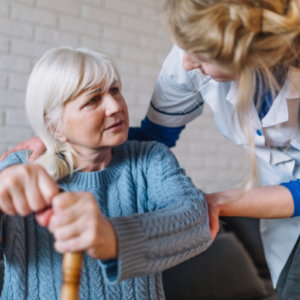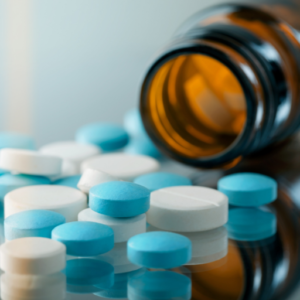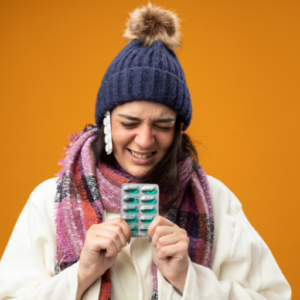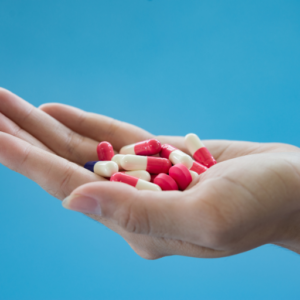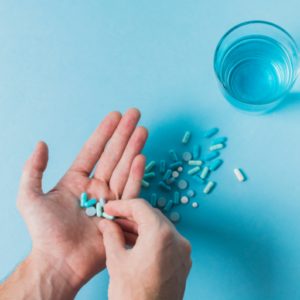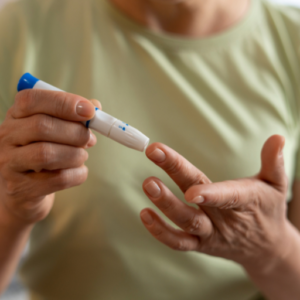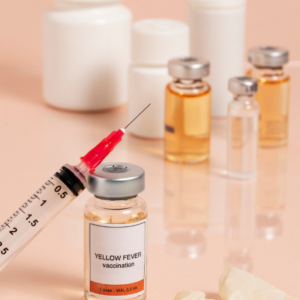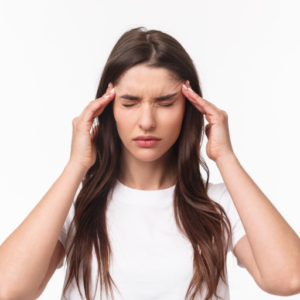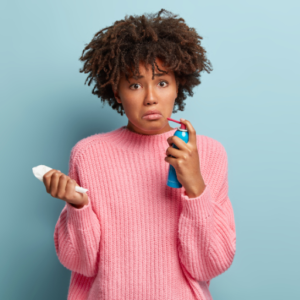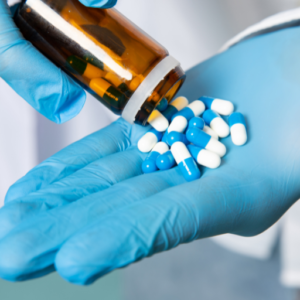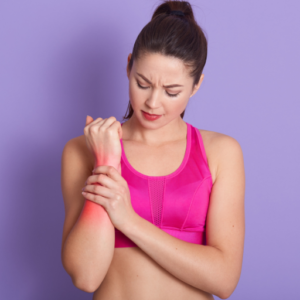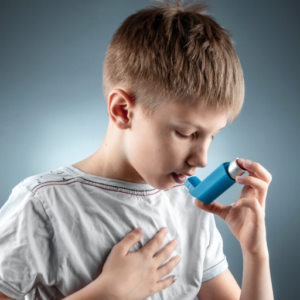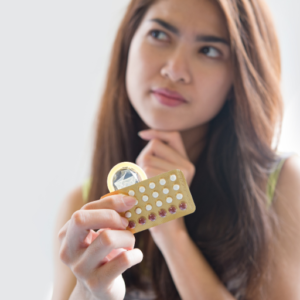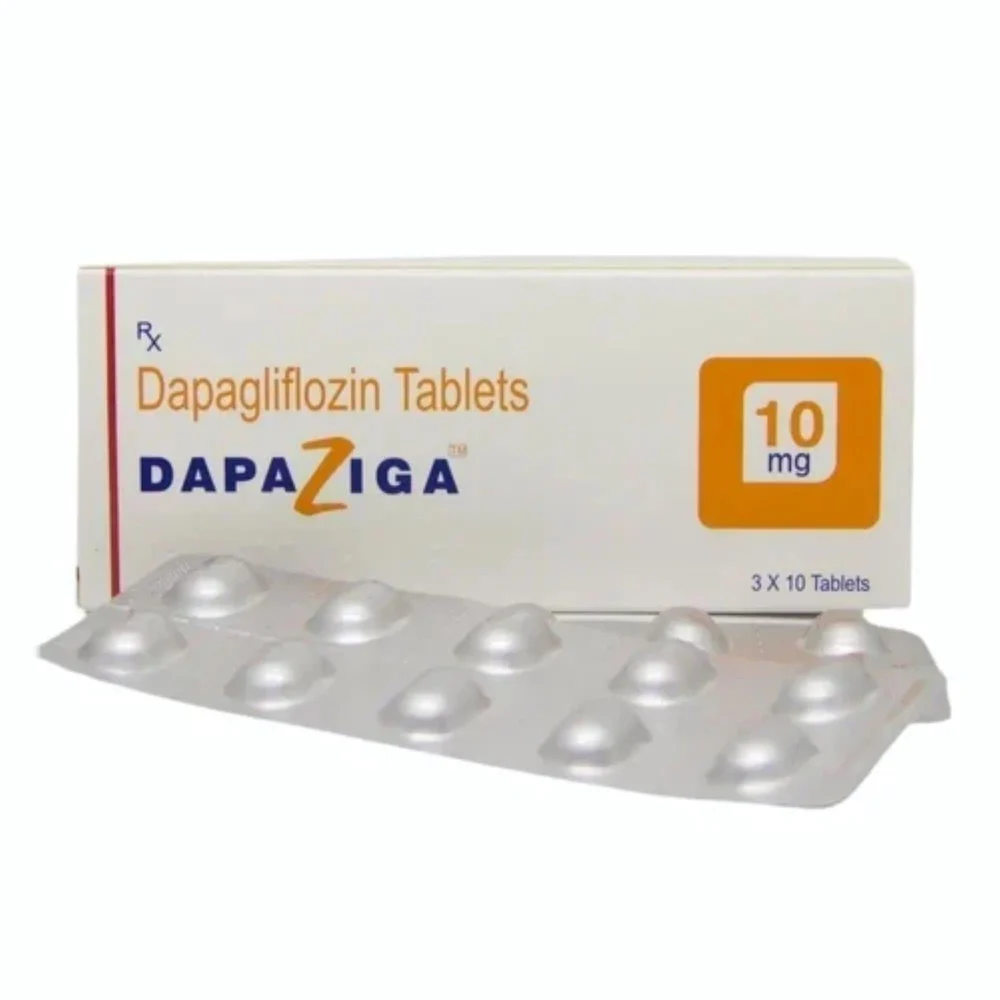DAPAZIGA 10mg
| Package | Per tablet | Savings | Price |
|---|---|---|---|
| 180 tablets | $1.06 | $61 | $252 $191 |
| 150 tablets | $1.09 | $46 | $210 $164 |
| 120 tablets | $1.11 | $35 | $168 $133 |
| 90 tablets | $1.18 | $20 | $126 $106 |
| 60 tablets | $1.27 | $8 | $84 $76 |
| 30 tablets | $1.40 | – | $42 |
What is this medicine?
DAPAZIGA 10 mg Tablet contains Dapagliflozin, which is a sodium-glucose co-transporter 2 (SGLT2) inhibitor. This medicine is used to treat type 2 diabetes mellitus. It helps control blood sugar levels by helping the kidneys remove glucose from the bloodstream through urine. It may also be used to reduce the risk of hospitalization for heart failure and improve outcomes in patients with chronic kidney disease or heart failure with reduced ejection fraction.
What should I tell my health care provider before I take this medicine?
They need to know if you have any of these conditions:
-
Type 1 diabetes
-
Diabetic ketoacidosis (increased ketones in blood or urine)
-
Kidney disease
-
Liver disease
-
Low blood pressure
-
History of urinary tract or genital infections
-
Frequent dehydration
-
Pancreatic disease
-
If you drink alcohol frequently
-
An unusual or allergic reaction to dapagliflozin or any other SGLT2 inhibitors
-
Pregnant or trying to get pregnant
-
Breast-feeding
How should I use this medicine?
Take this medicine by mouth with a glass of water, usually once daily, with or without food. Follow the instructions on your prescription label carefully.
Do not take your medicine more often than directed. Do not stop taking this medicine unless instructed by your doctor or health care professional.
Overdosage: If you think you have taken too much of this medicine, contact a poison control center or emergency room at once.
What if I miss a dose?
If you miss a dose, take it as soon as you remember. If it is almost time for your next dose, skip the missed dose. Do not take double or extra doses.
What may interact with this medicine?
-
Diuretics (water pills)
-
Insulin or other medicines that increase insulin secretion
-
Blood pressure medicines
-
Other diabetes medicines like sulfonylureas (e.g., glimepiride, glyburide)
-
Rifampin, phenytoin, or other enzyme-inducing drugs
-
Lithium
This list may not describe all possible interactions. Give your health care provider a list of all the medicines, herbs, non-prescription drugs, or dietary supplements you use. Also tell them if you smoke, drink alcohol, or use illegal drugs, as these may interact with your medicine.
What should I watch for while using this medicine?
-
Monitor your blood sugar regularly as directed.
-
Stay well hydrated to avoid dehydration.
-
Inform your doctor if you experience symptoms of urinary tract infections, such as burning during urination, or genital infections like itching or unusual discharge.
-
Check your blood or urine ketone levels if instructed, especially if you feel sick.
-
Tell your doctor if you have unusual fatigue, nausea, vomiting, or abdominal pain—these may be signs of ketoacidosis, a rare but serious complication.
-
If you are scheduled for surgery or will not be eating or drinking, inform your doctor; the medicine may need to be temporarily stopped.
-
Women should inform their doctor if they become pregnant or are planning pregnancy.
What side effects may I notice from this medicine?
Side effects that you should report to your doctor or health care professional as soon as possible:
-
Signs of allergic reaction (rash, itching, swelling, trouble breathing)
-
Signs of urinary tract infection (fever, pain during urination, back pain)
-
Genital infections (itching, discharge, redness or swelling)
-
Dehydration (dizziness, weakness, dry mouth, fast heartbeat)
-
Ketoacidosis (nausea, vomiting, stomach pain, confusion, unusual fatigue, difficulty breathing)
-
Kidney problems (swelling in legs, reduced urination)
Side effects that usually do not require medical attention (report if they continue or are bothersome):
-
Increased urination
-
Thirst
-
Mild genital or urinary discomfort
-
Headache
-
Back pain
This list may not describe all possible side effects.
Where should I keep my medicine?
-
Keep out of the reach of children.
-
Store at room temperature between 20 and 25 degrees C (68 and 77 degrees F).
-
Protect from moisture and light.
-
Safely dispose of any unused medicine after the expiration date.



